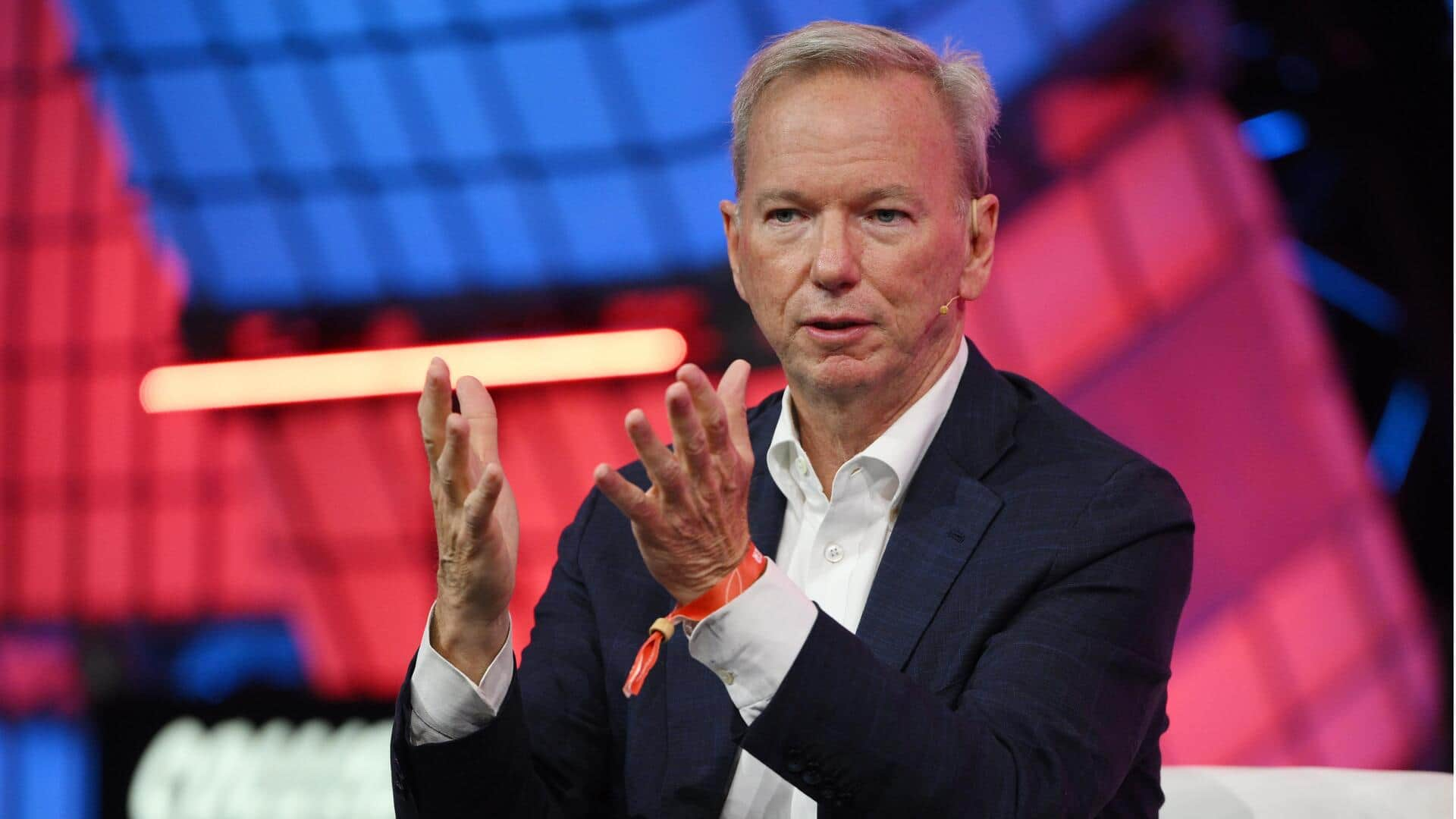
Did Google censor Eric Schmidt? Ex-CEO's controversial video suddenly disappears
What's the story
A video featuring Google's former CEO Eric Schmidt criticizing the tech giant's remote work policy, has disappeared. Posted on YouTube by a Stanford University account, the video has seemingly been deleted or made private to prevent general public from viewing it. During his talk, Schmidt said "Google decided that work-life balance and going home early and working from home was more important than winning." This statement has since sparked controversy.
Retraction
Schmidt retracts controversial statement
Following the controversy, Schmidt retracted his statement in an email to TechCrunch, saying "I misspoke about Google and their work hours. I regret my error." Despite the video now being inaccessible, several news outlets have already reported on it. A clip featuring Schmidt's critique of Google's remote work practices has been viewed by over 1.8 million people on X and it was available at the time of writing.
Twitter Post
Take a look at the video clip
In a Stanford talk posted today, Eric Schmidt says the reason why Google is losing to @OpenAI and other startups is because Google only has people coming in 1 day per week 👀 pic.twitter.com/XPxr3kdNaC
— Alex Kehr (@alexkehr) August 13, 2024
Start-up insights
Surprising statements on AI start-ups
In the same video, Schmidt made some surprising remarks about AI start-ups. He suggested that these companies could potentially steal intellectual property (IP) rights and then hire competent lawyers to resolve any issues later. This statement was made during a discussion about the advantages that start-ups like OpenAI and Anthropic have over Google in the field of artificial intelligence (AI).
Work culture
Views on remote work and competition
Schmidt also expressed his views on the current work culture at Google. He stated that working one day a week from the office is not sufficient for a company to stay competitive. "I'm sorry to be so blunt," Schmidt continued, "But if you all leave the university and go found a company, you're not going to let people work from home and only come in one day a week if you want to compete against other start-ups."